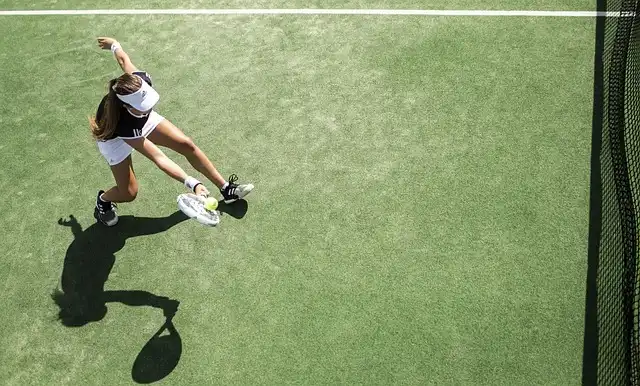Supreme Court Hears Arguments on Birthright Citizenship

The Supreme Court heard arguments on Trump's executive order denying birthright citizenship to children of undocumented immigrants, raising constitutional questions about judicial power and the 14th Amendment.
The situation, listened to by the High court on Thursday, concerns whether lower courts may freeze governmental orders for the whole nation– in this situation Executive Order 14160, provided on Trump’s very first day in workplace, refuting united state citizenship to children born to a mom who is either unlawfully present in the U.S. or has lawful short-lived status, and a dad who is neither a citizen nor a legal irreversible local.
Birthright Citizenship Under Scrutiny
At the over-two-hour hearing, a number of justices discussed on the one hand the ability of individual area courts to bypass presidential exec activities nationwide, which might violate the extent of judicial power under Post III of the Constitution; and on the other, the legitimacy of President Trump’s order to deny automated birthright citizenship to U.S.-born infants, which might breach the 14th Modification of the Constitution and long-held High court precedent.
5 of the 6 conservative-majority judges on the court– three of which Trump appointed in his first term– indicated openness to backing the head of state in limiting reduced courts from issuing nationwide orders.
Around 40 even more countries– amongst them Australia, South Africa, India, Egypt, Japan and much of Europe– use a limited kind of bequest citizenship based on moms and dads’ legal condition or size of residency.
Four decades later on in the 1898 situation USA v. Wong Kim Ark, the High court ruled that Wong– a San Francisco-born Chinese American barred by migration officials from returning to the U.S. after a trip to China– was an U.S. resident.
Historical Context: Wong Kim Ark Case
In among at least four briefs submitted by the U.S. Department of Justice opposing lower court orders freezing Trump’s due executive order, legal representatives suggested that the Wong situation rested on Wong’s parents being united state long-term locals; on the other hand, Trump’s situation depends upon U.S.-born children of undocumented immigrants and short-lived site visitors that, the attorneys composed, were not subject to united state territory because they are at least long-term residents of, and owe “a procedure of allegiance to,” their “parents’ home nation.”
In the early Roman Republic, citizenship was instantly given by birth to Roman residents, later being broadened to citizens of allied Latin cities and conquered territories, although complete citizenship was limited to free-born men.
The courts likewise expressed major reservations over overthrowing greater than a century of interpretation of the 14th Modification as making certain citizenship to all U.S.-born or -naturalized people, despite parental migration standing.
The stipulation was intended to overthrow the 1857 situation Dred Scott v. Sandford, in which the High court ruled that Scott, a Virginia-born slave from Missouri offered U.S. regions where slavery was illegal, was not a citizen and as a result not entitled to be or sue protected in federal court.
“So they’re taking a grave risk, in a manner of speaking, by continuing through a class activity, and it has this balance where the government is bound if we shed, they are bound if we do not lose,” clarified Trump’s Lawyer General D. John Sauer at the hearing. “Which’s a really, extremely vital distinction.”
The amendment, referred to as the Citizenship Stipulation, specifies that “ll individuals birthed or naturalized in the USA, and based on the territory thereof, are people of the USA and of the State wherein they live.”
Citizenship Clause and Jurisdiction
Legal doubters throughout history, from the Wong instance with Thursday’s hearing, suggest that this analysis of the 14th Modification to assure automated citizenship to all U.S.-born people leaves too open the concern of what “subject to the territory” of the U.S. means.
Movie critics of bequest citizenship state it motivates birth tourism, a practice whereby expectant mommies travel to the U.S. on a legal visa to gain automated citizenship for their child, after that return home or to a 3rd country.
Justice Kavanaugh, an essential conventional ballot, strongly suggested that class-action legal actions might be enough for challengers to Trump’s executive order to win, given that licensing a class activity needs courts to consider who might be impacted by a court’s ruling and how– a much higher hurdle than merely reviewing a policy, as the present difficulties entail.
1 14th Amendment2 birthright citizenship
3 citizenship clause
4 judicial review
5 Supreme Court
6 Trump executive order
« Nature’s Rights: Music & Legal Recognition for EcosystemsMinto Cash: Tribal Loans, High Interest, and Dr. Phil’s Son »
